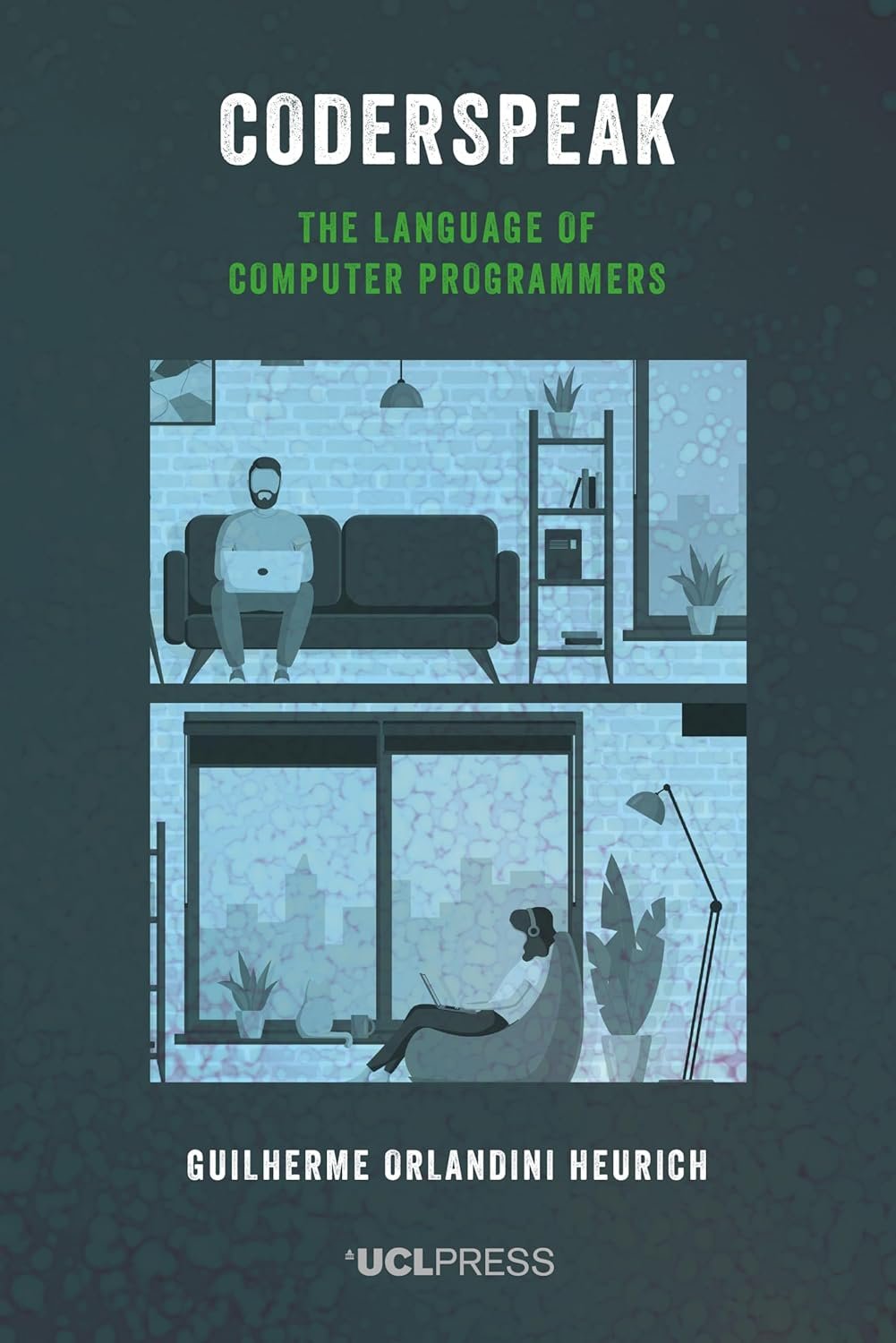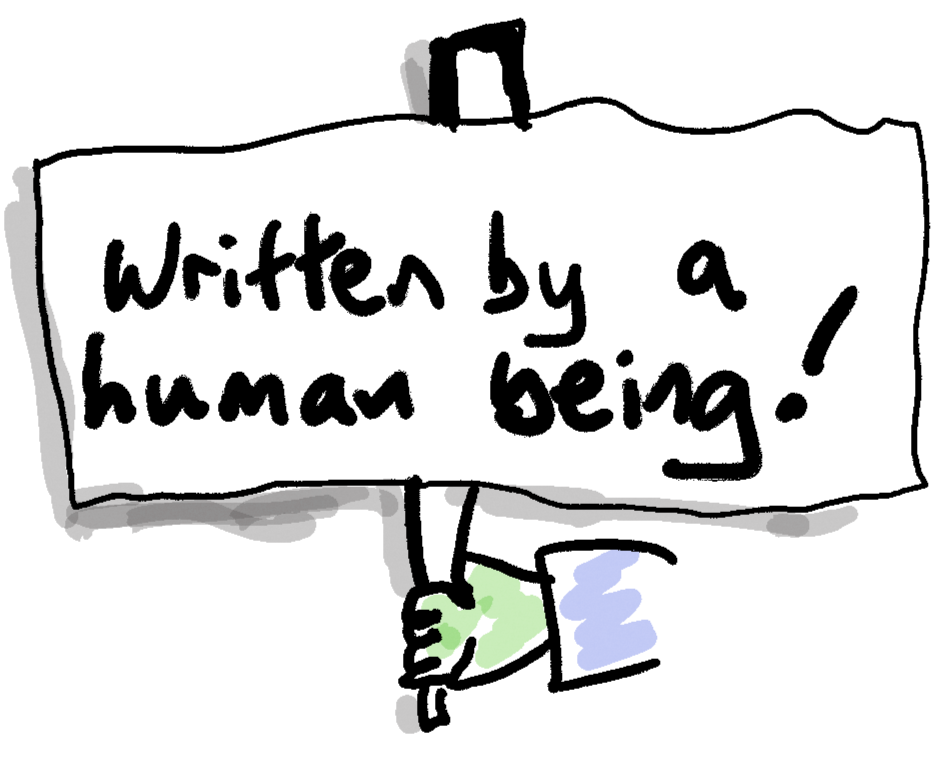One of my favourite reads in my teens and 20s was MAD magazine. It was quite humorous, and took the rise out of just about everything, but in a gentle way, in contrast to the vituperative stuff that passes for satire these days.Reflections
The benefits of a massive clearout #4
Here at Freedman Towers a massive clearout has been underway for some time. I thought I'd share my thoughts on why this has proven to be a very useful exercise.
Read MoreThe benefits of a massive clearout #3
Here at Freedman Towers a massive clearout has been underway for some time. I thought I'd share my thoughts on why this has proven to be a very useful exercise.
Read MoreThe benefits of a massive clearout #2
Here at Freedman Towers a massive clearout has been underway for some time. I thought I'd share my thoughts on why this has proven to be a very useful exercise.
Read MoreThe benefits of a massive clearout #1
Here at Freedman Towers a massive clearout has been underway for some time. I thought I'd share my thoughts on why this has proven to be a very useful exercise.
Read MoreHow can you write a blog if you don't read any blogs?
Every time I teach my Writing for Blogs course, it transpires that some most of the people on the course do not read any blogs.
Nonfiction notebook: Paragraphs I’ve enjoyed writing

Most of my reviews are very positive, and I frequently conclude by recommending the book in question despite my criticisms. However, I do think it’s important to be honest about a book’s or an exhibition’s downsides. I also like to open a review, where possible, with a personal, perhaps humorous, observation.
Read MoreReflections on language

If it is such an effort to deny that you’ve done anything wrong, then you must be guilty. Otherwise, it would be easy.
Read MorePicture generated in Ideogram.ai
Is it OK to plagiarise yourself?
Yesterday I was going to write an article, using chunks of a couple of articles I’d published before (plus some original material).
Read MoreA note about AI for writers

I am afraid I cannot agree with those who say “No” to any use of AI whatsoever. I think the issue is more nuanced than that.
Read MoreBlogger,+by+Terry+Freedman
Blogging: a course
Every so often I read some pundit, or usually a journalist pretending to be a pundit, suggesting that blogs are dead. What can I say? They’re not.
Read Morestation platform, by Terry Freedman
The train now standing on platform 10
Transport in London these days is, for the most part, sleek, efficient. The epitome of this newish Utopia is the Elizabeth Line, with its silent, gliding carriages, air-conditioning and wi-fi. The announcements are soothing...
Read MoreCan writers learn from computer programmers?

Introducing and applying Conway's Law, Gresham's Law and the sunken cost fallacy to the practice of writing.
Read MoreLibraries, by Terry Freedman
Library madness: a trabble of trouble
The worst thing about belonging to more than one library is that it's all too easy to take a book back to the wrong one. I did that a few months ago, and the following conversation ensued.
Read MoreNot just a numbers game

I’ve been thinking about definitions of success recently.
Read MoreGeoffrey Chaucer's Complete Works: which edition do YOU prefer?

We visited the William Morris Gallery at the weekend, and Chaucer’s Complete Works was one of the books Wm Morris published.
Read MoreThe original page containing my article, somewhat mangled after decades of languishing in a box
My first piece of published nonfiction
At the tender age of 17 I was in college, and a student representative on a body called the Joint Consultative Committee. This was a means by which the Principal could learn about the concerns of students in order to, hopefully, address them.
Read MoreA remarkable achievement: a shout-out to underconfident writers who do it anyway

The most difficult thing for a saxophone learner to do is open the case and pick up the instrument every day.
Read MoreAutomated writing

years.
The term “automatic writing” is usually associated with a particular psychic phenomenon. However, software now exists that can take data, such as sports results, and generate reports from it.
Read MorePicture by Ideogram
I never have writer's block, but...
So the great prolificist had run out of ideas, eh? Well actually no: I had the opposite problem. I’d had so many ideas and corresponding false starts that I was floundering in a sea of ideas.
Read More









